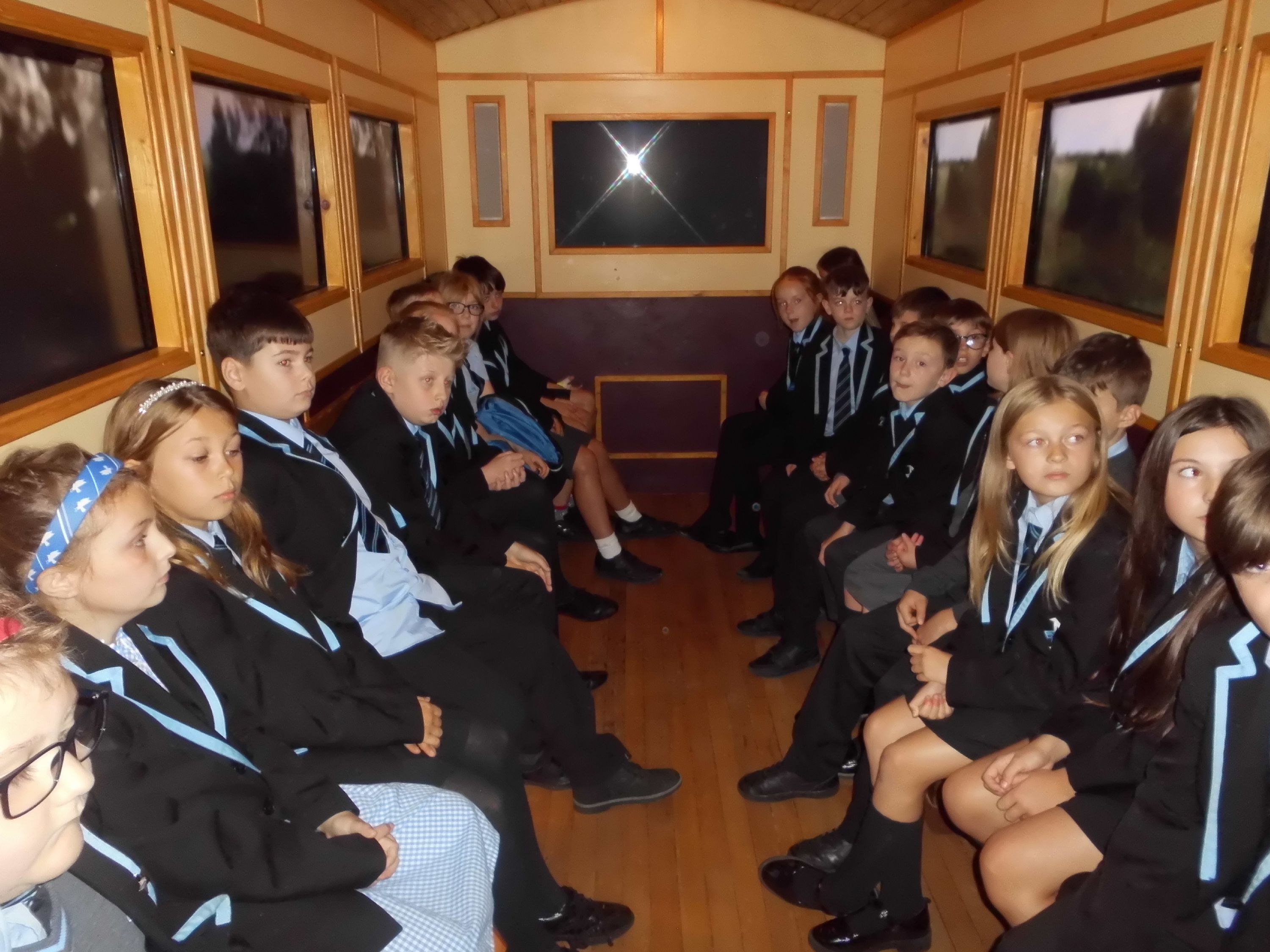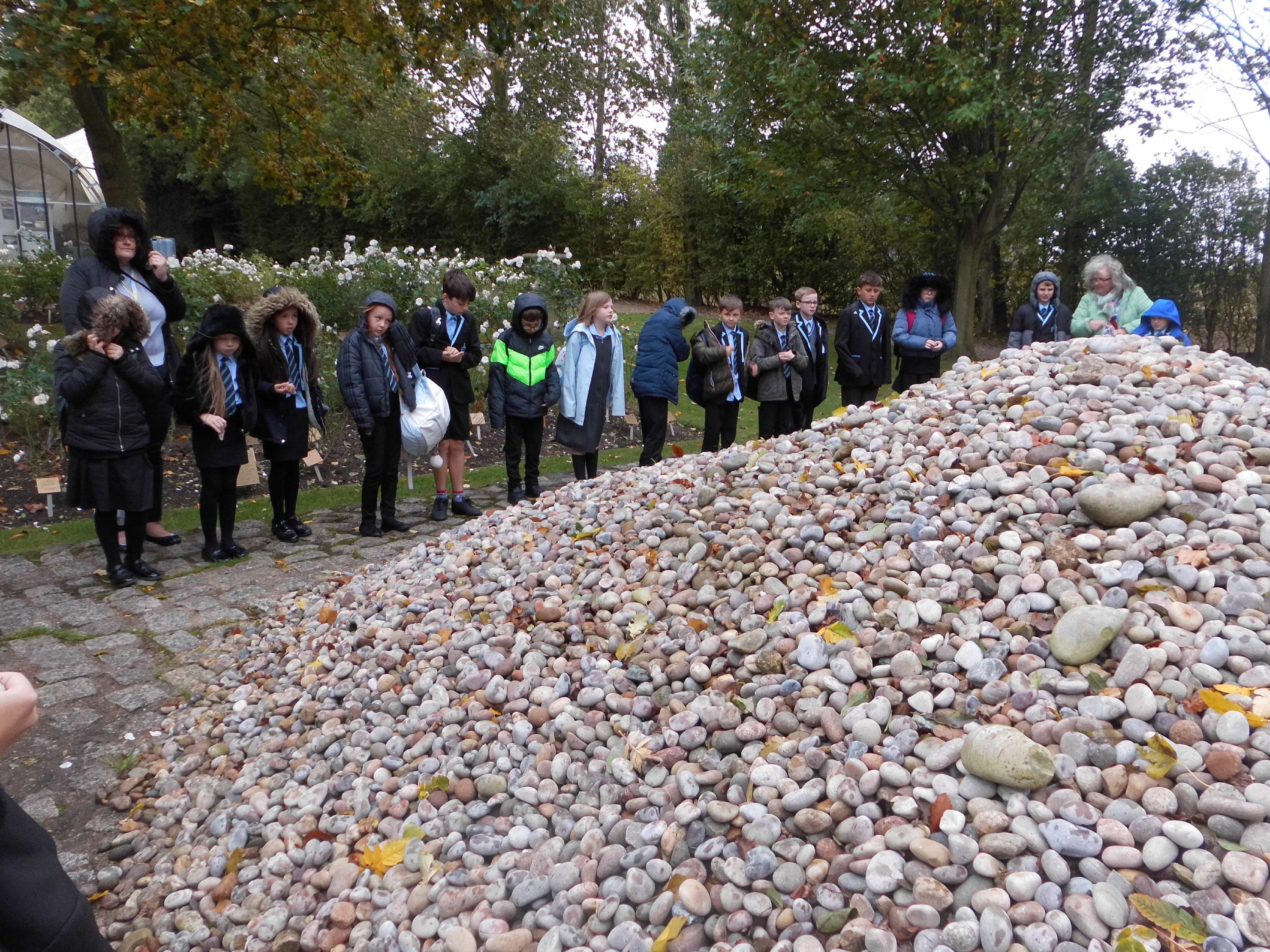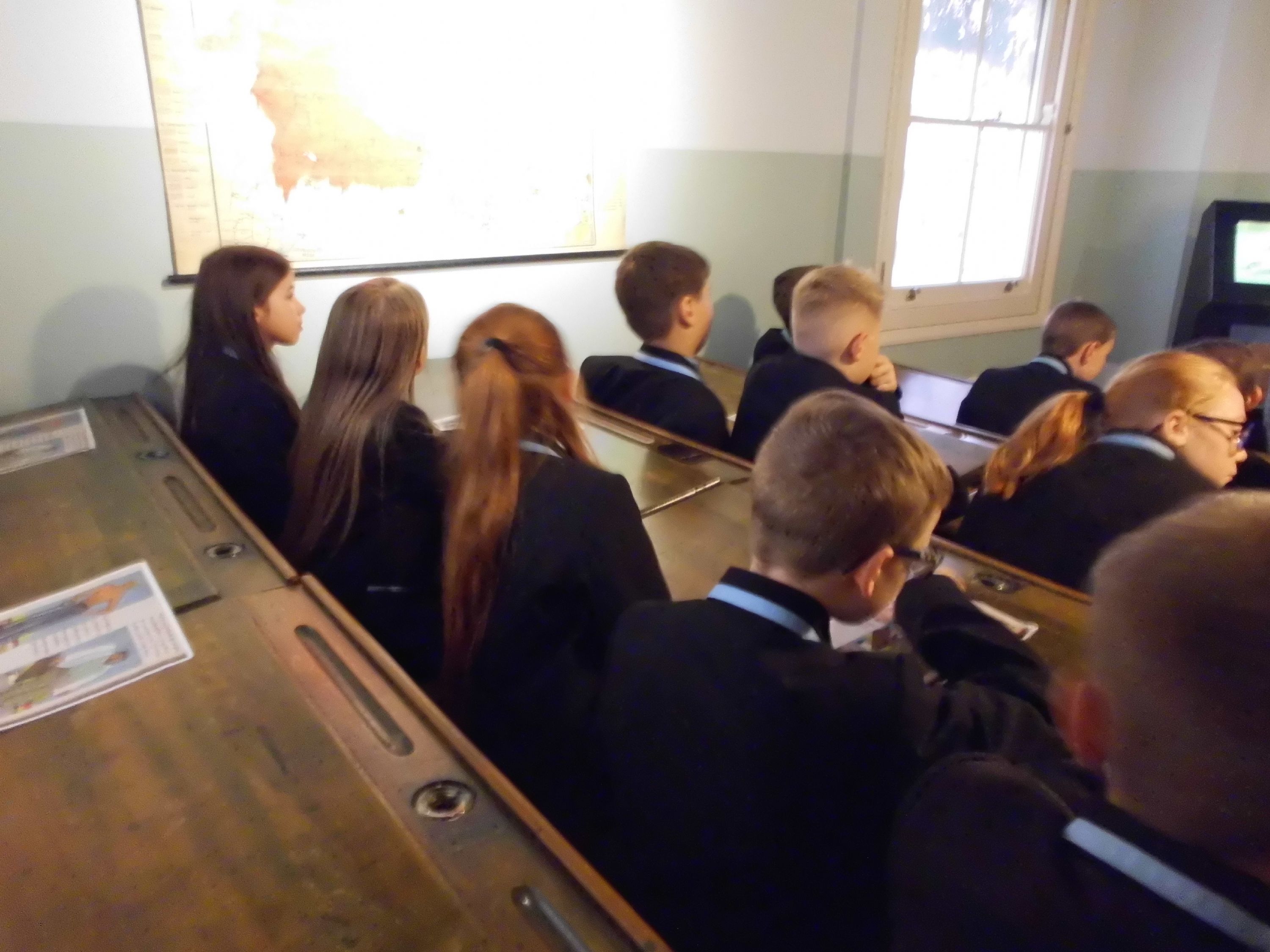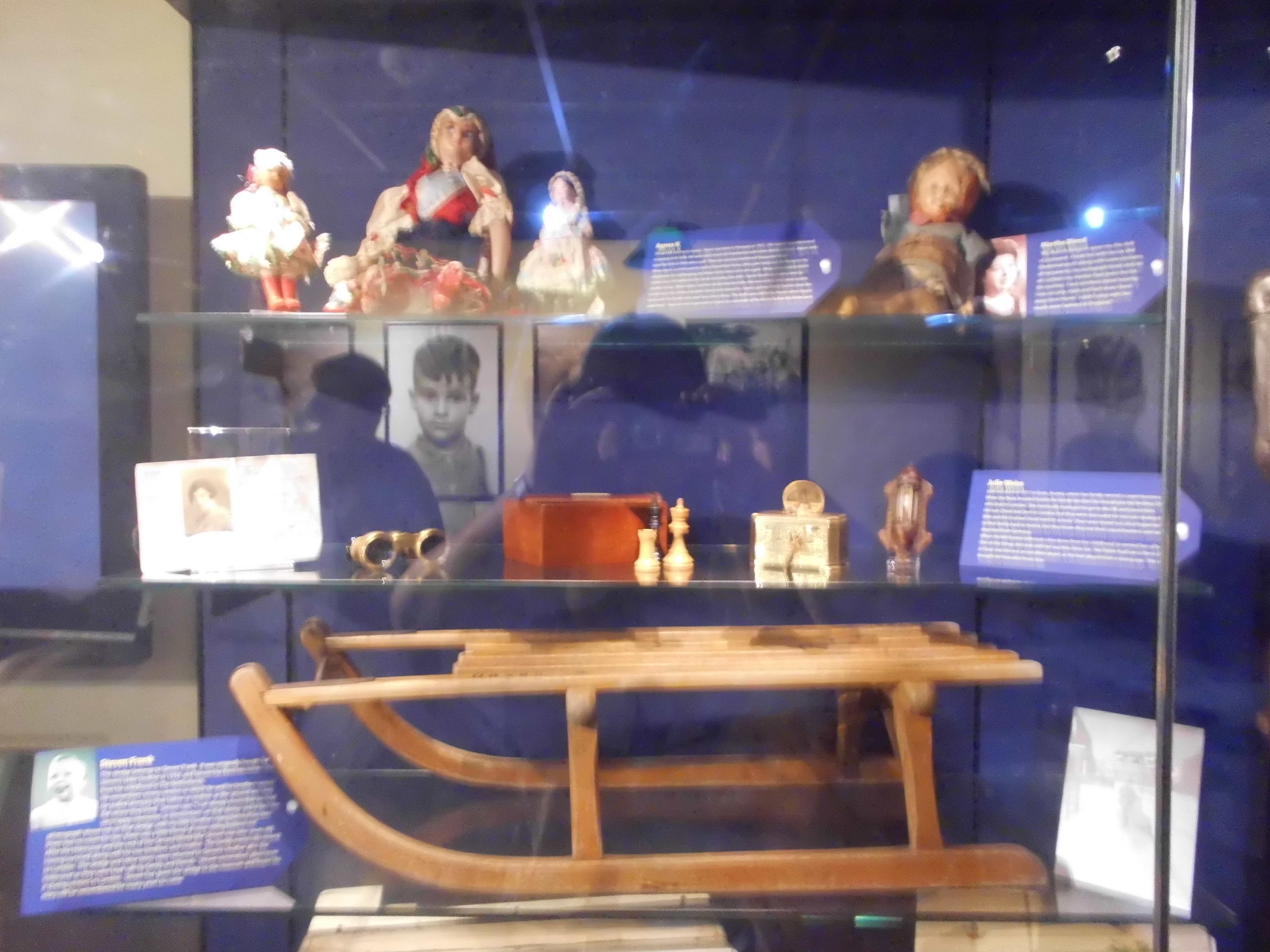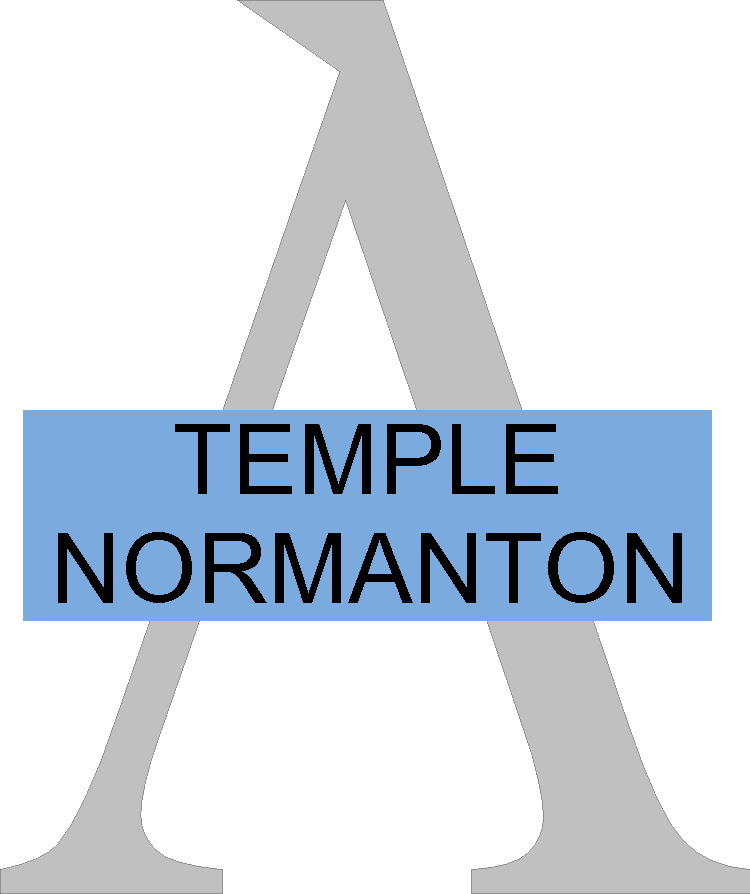History
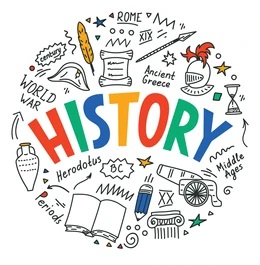
INTENT
At Temple Normanton Junior Academy, we aim to deliver a History curriculum that is accessible to all and that will maximise the outcomes for every child so that they know more, remember more and understand more. Our teaching of History will help pupils gain a secure knowledge and understanding of Britain’s past and that of the wider world. The curriculum is structured in a way that allows for children to make links between current and previous learning. Teachers use the long term plans for History to make comparisons between historical periods previously taught, developing children’s chronological knowledge and understanding from the Stone Age to present day.
We want children to be curious to know more about the past and to have the skills required to explore their own interests. History lessons focus on working as historians and developing historical skills.
We aim to enable children to ask perceptive questions, think critically, weigh evidence, sift arguments, and develop perspective and judgement. It is important for children to develop a sense of identity through learning about the past and we want them to know how history has shaped their own lives.
IMPLEMENTATION
Teachers use a variety of teaching and learning styles in their history lessons to develop pupils’ knowledge, skills and understanding in history.
The children’s understanding and knowledge of historical facts will be broadened through the teaching of the following key skills and concepts:
- Chronological knowledge and understanding
- Range and depth of historical knowledge
- Historical enquiry
- Organisation and communication
- Interpretation of History and historical perspective
- Change and continuity
- Cause and consequence
- Similarity and difference
- Significance
The long-term and medium-term plans map out the skills and themes covered each term for each year group. These plans define what we will teach and where links to prior learning can be built on.
History in the Early Years
Young children explore the past through their environment, family history and stories. There are many opportunities for children to talk about past and present events in their own lives and in the lives of family members. Children enjoy asking and answering questions and are encouraged to question why things happen and give explanations. Stories are used to sequence events and develop their use of language relating to time.
History in Key Stages 1 and 2
In KS1, pupils develop an awareness of the past, using common words and phrases relating to the passing of time. They create timelines to help them know where the people and events they study fit within a chronological framework and identify similarities and differences between ways of life in different periods. They use a wide vocabulary of everyday historical terms. They use a range of sources to develop their understanding of key features of events. In order to ensure this progression, pupils are taught about changes within living memory and extend to go beyond the living memory. For example, they are taught about the Great Fire of London, as well as the lives of significant individuals in the past who have contributed to national and international achievements.
In KS2, the pupils continue to develop a chronologically secure knowledge and understanding of British, local and world history, establishing clear narratives within and across the periods they study. Through their thinking about the cause and consequences of people and past events on Britain and the world today, they devise historically valid questions and construct informed responses, using a variety of sources and their historical interpretation and enquiry of this. They use their organisation and communication skills, to display the deeper knowledge gained, to meet the needs of the end of key stage National Curriculum expectations. A good progression of skills and vocabulary can be seen through the progression map and planning.
Assessment
Assessment in History is an ongoing process. Teachers will make informal judgements about pupil’s progress and attainment as they observe them throughout lessons and mark their work.
At the end of each term, teachers will decide on a pupil’s level of attainment noting which children are:
- Working above the age-related expectations
- Working at the age-related expectations
- Working towards the age-related expectations
These judgements will be made in line with the Long-Term Curriculum Plan and National Curriculum.
IMPACT
The impact of teaching and learning will be evident in our pupils’ enthusiasm for History and their curiosity to know more about the past, evidenced through classwork and displays, engagement in lessons and through pupil voice. Work will evidence the range of themes being covered, concepts which are continually revisited, and the cross curricular links made to other subjects.
Events
Children in Year 1 and 2 visited Chesterfield to learn about George Stephenson.
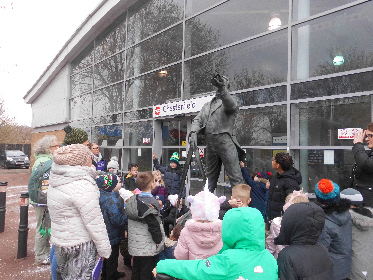
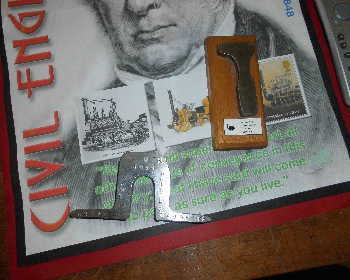
October 2022
Children in Y3/4 enjoyed being Romans for an afternoon as a launch to their topic learning. They loved dressing up in Togas and learning a Roman songs.
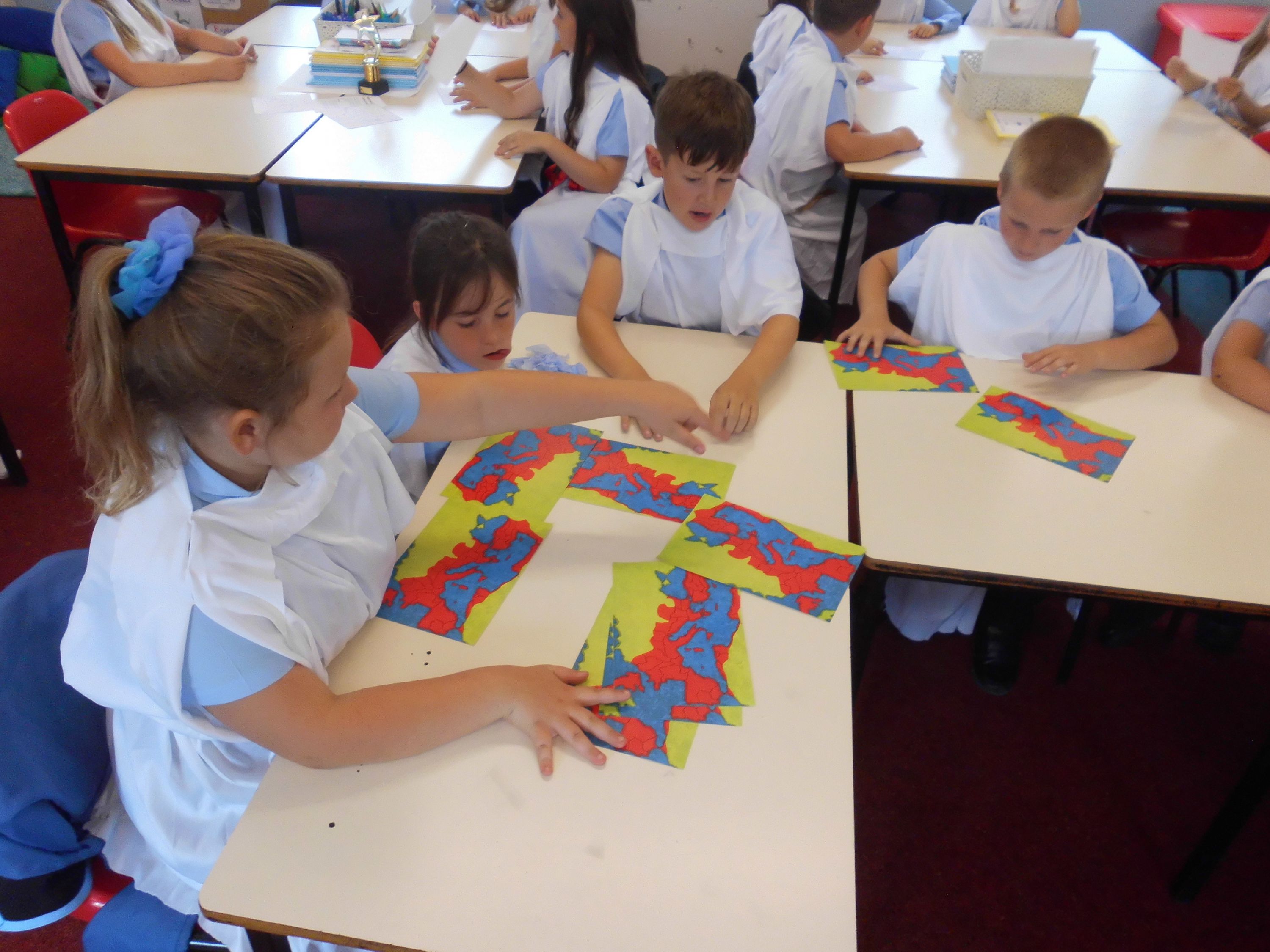
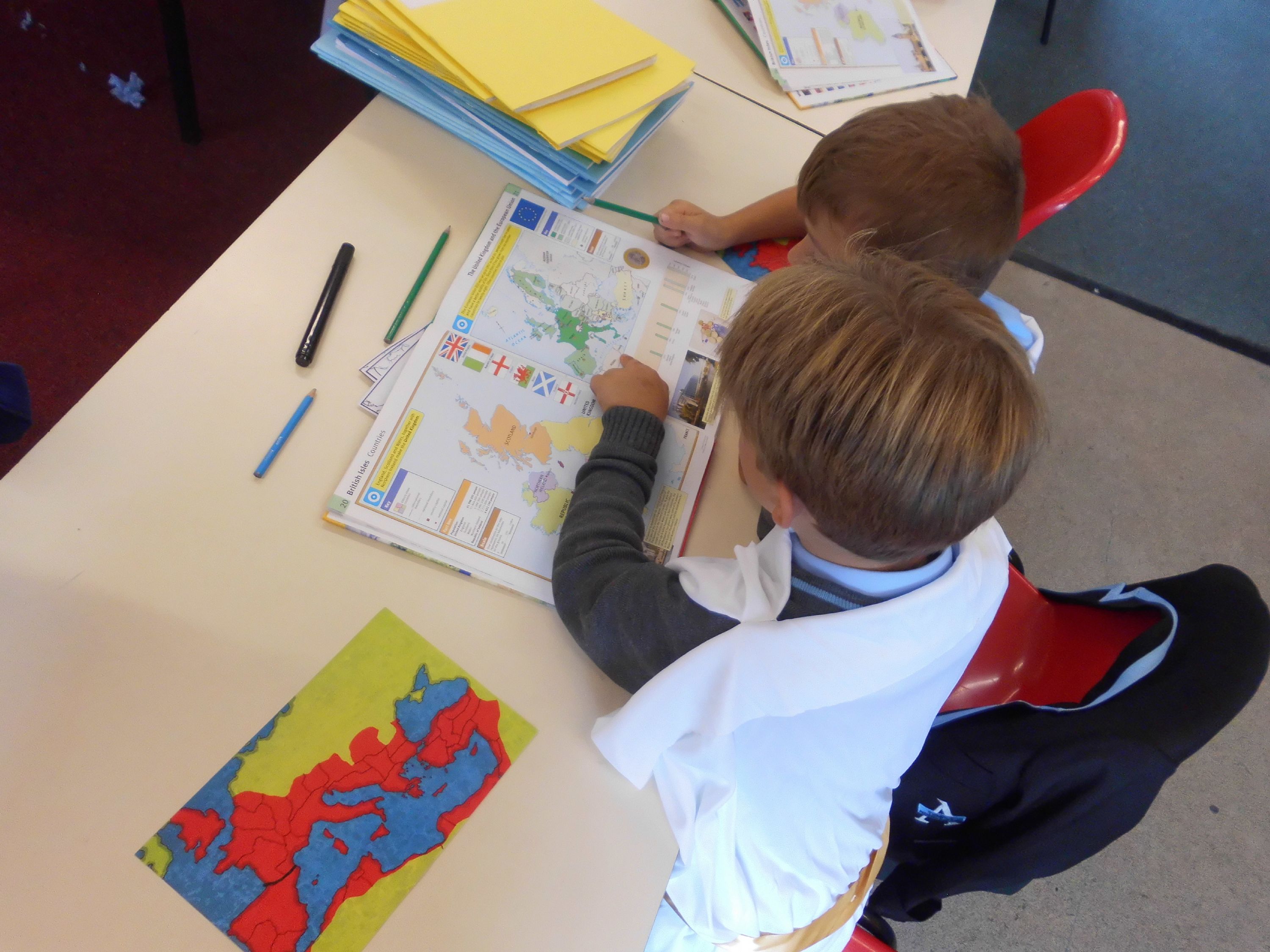
September 2022
Visit to Holocaust Museum
